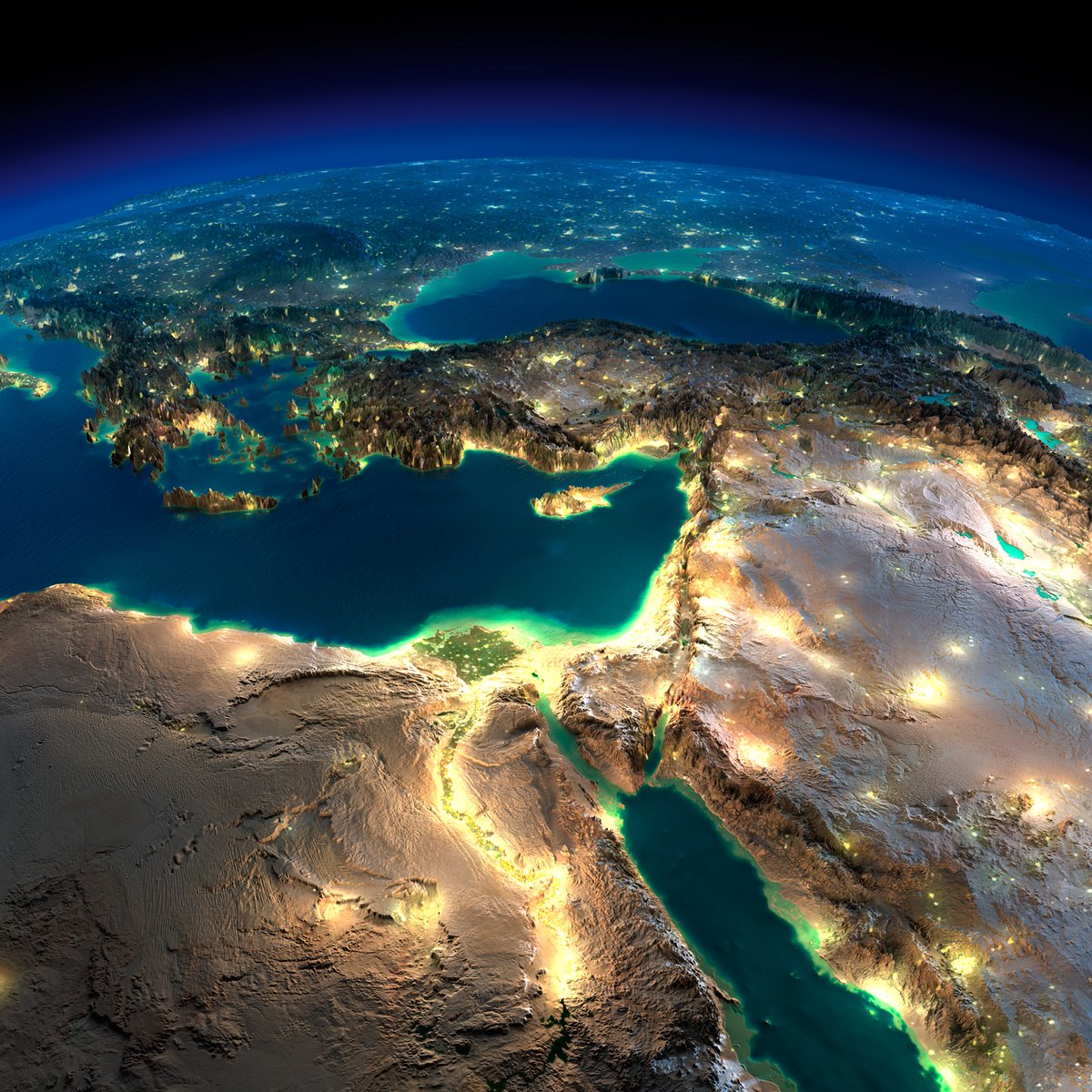THREAD #Elul -> Yesterday I shared a thread with some ideas about what life has taught me about Judaism. Here are a few more: 

Whenever you do a mitzvah, stop and be mindful. Every mitzvah is there to teach us something, and it makes all the difference to pause and remember why. Mindless Judaism is not good for the soul.
When you daven, reflect carefully on the meaning of the words. Remember too that in davening we are part of a 4000 year-old choral symphony, made up of the voices of all the Jews of all the countries in all the centuries who said these words.
Some said these prayers in the midst of suffering; others as they faced exile and expulsion; some even said them in the concentration camps. They are words sanctified by tears, but now we are saying them in the midst of freedom. The prayers of our ancestors have come true for us.
Therefore our prayers honour them as well as God, for without them we would not today be Jews, and without us carrying on their tradition, their hopes would have been in vain.
Don’t worry if you daven slowly. One word said from the heart is greater than a hundred said without understanding or attention.
Always be willing to share your Judaism. Once the COVID-19 pandemic passes and when it is safe to do so, on Shabbat or the festivals, invite guests into your home. Once a week, learn with people who know less than you.
The difference between material and spiritual goods is this: with material things – like wealth or power – the more you share, the less you have. With spiritual things – like knowledge or friendship or celebration – the more you share, the more you have.
Never be impatient with the details of Jewish life. God lives in the details. Judaism is about the poetry of the ordinary, the things we would otherwise take for granted. Jewish law is the sacred choreography of everyday life.
God lives in the space we make for him. Every mitzvah we do, every prayer we say, every act of learning we undertake, is a way of making space for God.
• • •
Missing some Tweet in this thread? You can try to
force a refresh









